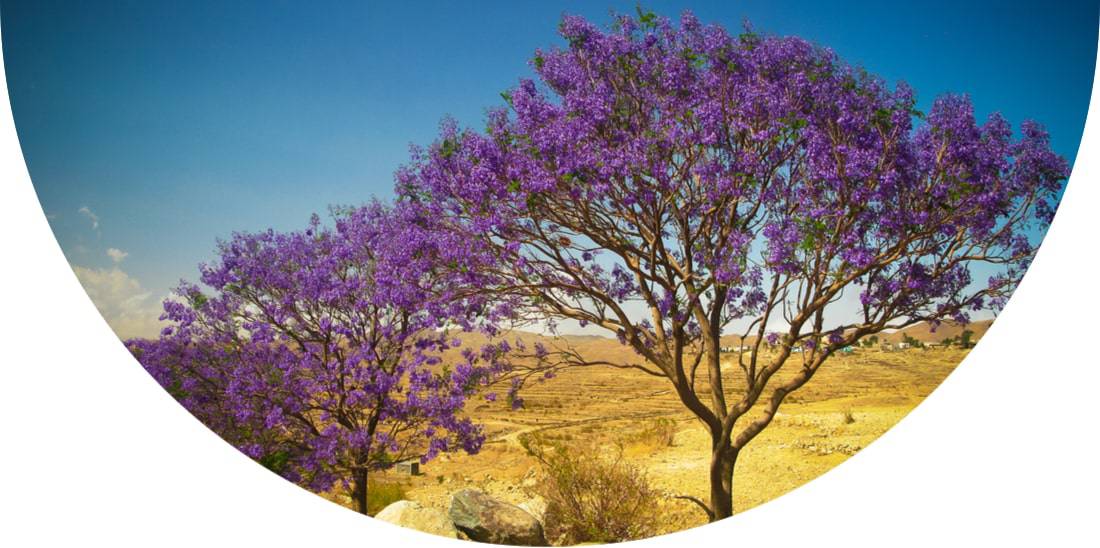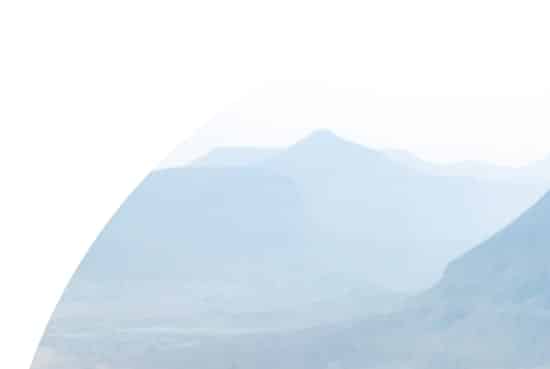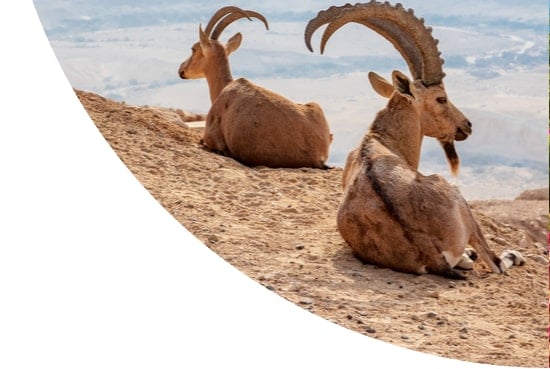Rift Valley fever (RVF) is an acute, fever-causing viral disease that usually affects domesticated animals (such as cattle and sheep), but can also infect and cause illness in humans. The majority of human infections are caused by direct or indirect contact with the blood or organs of infected animals.


Travel Vaccinations for Eritrea
Recommended Vaccines for Eritrea
The level of protection needed depends on your medical history and travel itinerary. Book now to get a personalised recommendation from our specialist travel nurses. The consultation costs £20 plus any vaccines you decide to take.
Flexible appointments with no upfront payment
Book Now
Destination Information for Eritrea
Eritrea, on the East coast of Africa, bordering the Red Sea, is a little-visited country thanks to its difficult political situation, harsh landscape and tough travel restrictions. That said, it is an inspiring and unspoilt destination for those who make the journey. There’s plenty to offer for adventure lovers, including fabulous hiking, cycling and scuba diving. Those interested in the history of Eritrea will find plenty to be fascinated by in the museums and architecture.
The capital, Asmara, is situated in the highlands in the centre of the country and benefits from a temperate Mediterranean climate. Close to the capital is the Martyrs National Park, where you can experience much of the stunning wildlife Eritrea has to offer, including Elephants, lions, baboons, gazelles, leopards, ostriches, turtles and many species of rare birds. The variety of sights to see here means there really is something for everyone – from mountains to deserts, rainforests to beaches along the Red Sea coast. Visit the Medebar Market in Asmara, where almost everything is made from recycled materials. There’s a distinctly Italian feel to the capital, left from when Eritrea was governed by Italy up until World War 2. Pizza parlours and pastry shops are in abundance!
Infections and Outbreaks frequently change from country to country and by attending our clinics you will be given the most up to date clinical and safety advice from our team of specialists. Our advice to you often includes aspects such as:
- Food and water hygiene
- Insect and animal bite avoidances
- Personal safety
- Sexually transmitted infections
- Sun protection
- Altitude sickness
Malaria and regions within country:
There is a high risk of P.Falciparum malaria in all areas below 2200m, including the Red Sea coastline. Anti-malarial medication is recommended.
Other areas including the city of Asmara is low risk and anti-malarial medication is not normally advised.
Additional Health Risks Information for Eritrea
The Foreign and Commonwealth Office currently advise against all travel to areas of Eritrea bordering with Sudan, Ethiopia and Djibouti. There have been border clashes in these locations, and the border is unclear and unmarked. There are reported to be landmines close to the borders, and there is a high risk of violence. Landmines remain a risk throughout the country, although driving on main roads which are not close to borders is generally safe. Take care in rural areas and avoid walking, hiking or driving after dark.
Some parts of Eritrea are high risk for malaria and Yellow fever, it is advisable to visit a Travel clinic to get the necessary vaccines, medications and advice before you travel.
If you wish to travel in Eritrea outside of the capital Asmara you will need to apply for a permit, which may take several days to be granted. Asmara boasts three public hospitals. Although there are medical facilities in other towns, these are basic and often suffer from lack of equipment and staff. If you’re travelling in the countryside, carry a well-stocked medical kit with you. It’s also recommended to take a satellite phone to summon help in the event of an emergency, as the mobile phone network in Eritrea is notoriously unreliable.



